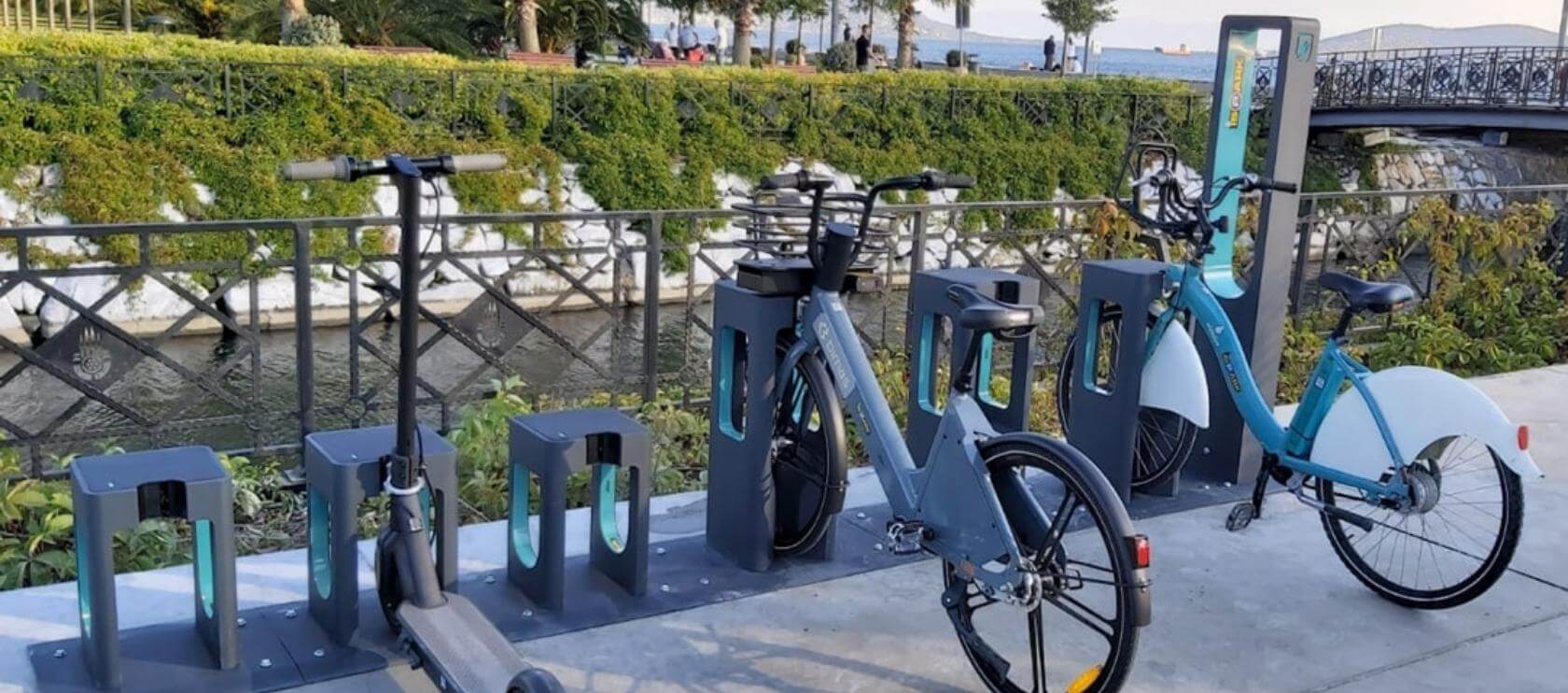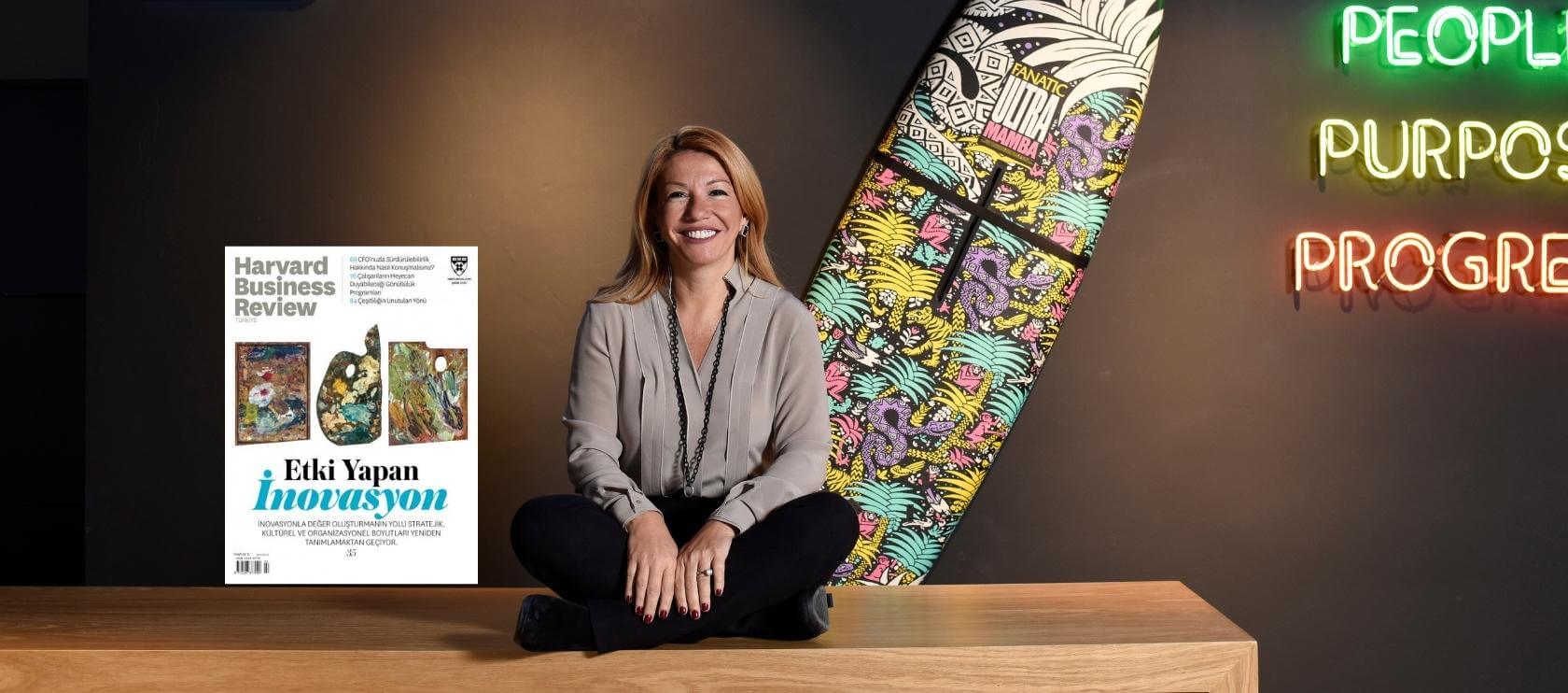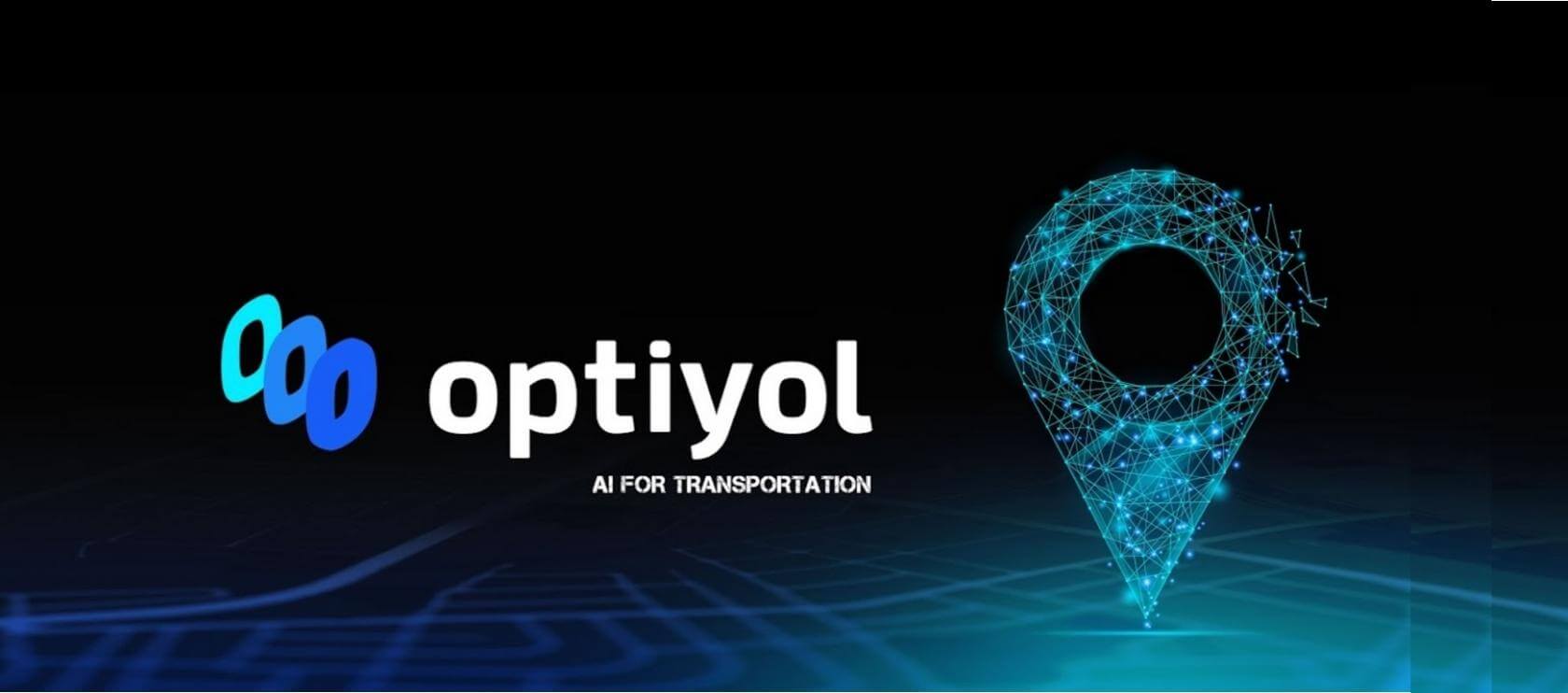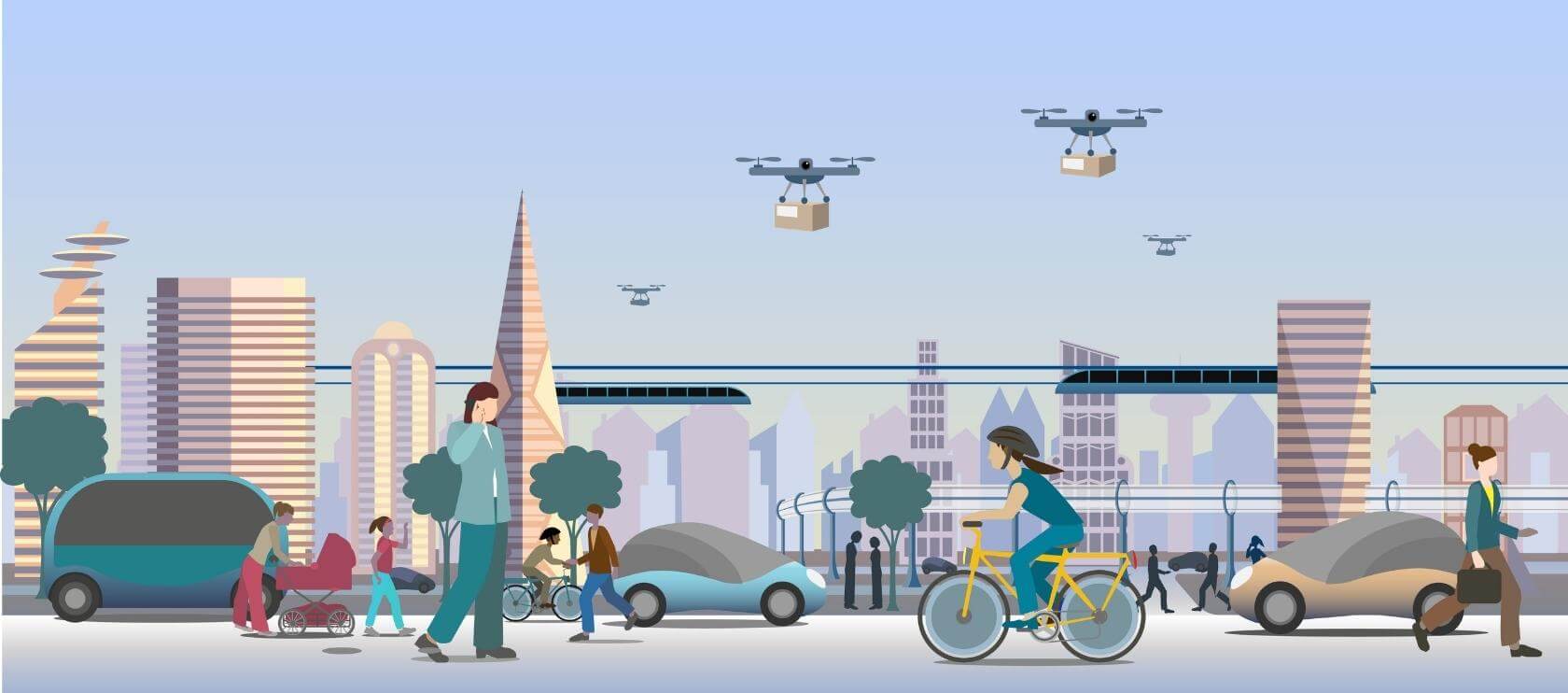ARTICLE
What net zero means for mobility’s transformation
According to the 2018 Intergovernmental Panel on Climate Change (IPCC) assessment, limiting global warming to 1.5ºC requires far-reaching and unprecedented changes across all industries. To avoid the devastating effects of climate change, we must cut carbon emissions in half by 2030 and completely eliminate them by 2050.
Net zero refers to the balance between the amount of greenhouse gas produced and the amount removed from the atmosphere through human activities. However, net zero now entails more than that; it requires establishing a whole new economic order rather than simply reducing and preventing potential losses due to climate change. It is forcing the world and all industries to undergo fundamental structural changes.
The transportation industry accounts for roughly one-fifth of global greenhouse gas emissions. Transportation emissions account for a quarter of all energy sector emissions. These figures emphasize the importance of the changes that must be made in the transportation industry.



#Connect4Mobility
EIT Urban Mobility RIS Hub Turkey consortium members Fark Labs, Farplas, Sabancı University, and PwC Turkey hosted investors, entrepreneurs, and researchers, as well as the public and private sector representatives at the #Connect4Mobility event on Tuesday, October 25, with the theme “Mobility’s Net-Zero Transformation.” Several panels discussed the global net-zero economy in the terms of technology, public transformation, inter-organizational cooperation, and financing.
Speakers shared inspiring success stories in the field of mobility. Various industry stakeholders assessed the net-zero economy’s impact on the automotive industry.



The event began with a traditional Fark Labs Q&A game, followed by the keynote speech of Haluk Akçalı, CEO of Fark Labs, and the presentation of Judith O’Meara, Director of EIT Urban Mobility, a European initiative aimed at accelerating positive change in mobility to make urban spaces more liveable.

The Importance of Technology in Net Zero (Moderated by İlknur İlkyaz Gül)
In the first panel, AirCar CEO Simon Karataş started by reminding us that the net-zero target is an obligation. He stressed that transportation innovations have focused on advancing existing forms of transport to zero emissions but that these would not be enough. He also explained that AirCar is working to create a new form of transportation with zero emissions to prevent the construction of new highways and pave the way for the pedestrianization of existing roads.
Serdar Uçar, CEO of Comodif, highlighted that the climate crisis transcends political and economic problems worldwide and that the net-zero target cannot be achieved without technology. He reminded us that although their impact is limited and indirect, startups like Comodif can be an essential tool to reach net zero emissions by analyzing real-time data. “We don’t have mega-solutions or silver bullets to solve everything. But when what we all do comes together, we can achieve bigger results.”
Umutcan Duman, CEO of Evreka, underlined the importance of legal regulations to be implemented on a global scale, pointing out that “greenwashing” efforts have increased following the widespread adoption of measures to address the climate crisis. “There is fierce competition for secondary raw materials produced from recycled materials. And we should establish global supply chains with radical transparency.” Noting that Evreka now sees waste as a resource, Duman reminded us that we have no choice but to circularize the linear course of the economy through technology.
Optiyol Co-Founder Ozan Gözbaşı pointed out that 20 percent of the carbon emissions during product distribution are caused by poor planning. He noted that reducing the number of vehicles and the distance traveled through route optimization can produce significant savings. Gözbaşı said that excellent planning could create effective results based on the technology solution Optiyol offers its customers, and those seemingly small savings can provide substantial benefits.

Net-zero Transformation in Municipalities (Moderated by Semih Bilgen)
The second panel focused on the implementation of the net-zero target in two major cities of Turkey, Istanbul and Ankara.
Prof. Dr. Haluk Gerçek pointed out that more than 90 percent of shipment in Turkey is realized through land routes. “We need to change this before reducing carbon emissions,” he said. Underlining that urban land use and transportation plans must be integrated, Gerçek reminded us that it becomes impossible to solve problems as long as cities grow uncontrolled. “The demand for motor vehicles should be reduced, micromobility vehicles should be made widespread, and the transition to clean transportation modes should be encouraged.”
Sinem Dedetaş, General Manager of Istanbul Şehir Hatları, stated that they are trying to create a sustainable transportation plan while aiming to increase the demand for maritime transportation in Istanbul. “We are taking important steps to make Istanbul a carbon-free city by 2050,” Dedetaş said. And she revealed that they have started a new project with the World Bank to electrify maritime transportation in Istanbul and are working on a holistic plan.
Tanzer Kantık, İSPARK Sustainable Transportation Projects Manager, reminded us that the current system for micromobility vehicles is designed to serve leisure time activities mostly on coastal lanes of Istanbul. He pointed out that they have significantly increased the bicycle fleet in Istanbul, but the paradigm shift needed for net-zero can only be realized through public-private sector collaboration.
Ego General Directorate Director İsa Coşkun said that they made electric bicycles a new mode of transportation for Ankara and started to integrate bicycle transportation into bus and metro systems thanks to the project they developed in collaboration with the EU. He also revealed they are working to improve the existing bicycle fleet and plan to revitalize a more livable Ankara.
Merve Akı, Urban Mobility Manager at WRI Turkey, noted that we need to adopt a realistic approach and that user habits cannot be changed without providing the right infrastructure. “We have to develop transportation infrastructures in line with land use policies and implement the action plans determined by climate commissions.”

Corporate Collaborations in Net Zero Transformation
(Moderated by Haluk Akçalı)
The main theme of the third panel was the role of intercorporate collaborations in the comprehensive transformation driven by net-zero.
Istanbul Metropolitan Municipality Presidential Advisor İbrahim Orhan Demir said that we first need resources and then the collaboration of local and central governments for net-zero transformation. “Most important collaboration would be with those living in Istanbul. And Prince Islands can be used as a laboratory of transportation and infrastructure for this transformation.”
İlker Baydar, CEO of Fuudy, noted that they had preferred electric vehicles for delivery since day one to raise awareness about speed and trust. However, he said Fuudy would not be satisfied with this; it also aims to revitalize the circular economy by contributing to the waste management of Fuudy vendors.
Ersoy Soyer, Deputy General Manager of Operations and Marketing at Yapıdrom, stated that they are working on the use of micromobility vehicles in disaster areas. He also reminded that all players in the field of micromobility should act together: “When all modes of transportation are included in the same plan, we will be able to talk about efficiency and sustainability.”
Gizem Karagöz, Marketing Director of Rakun Mobility, noted that they are collaborating with companies serving in both the food and retail sectors, developing new collaborations, and producing innovative solutions. However, she pointed out that infrastructure and regulation are needed as much as collaboration.
The biggest innovation MobiQu brought is to optimize the delivery processes of companies and reduce their costs, Selçuk Koçhan, founder of MobiQu, said. He also noted that the minimum cost serves the sustainability goals of all parties developing cooperation.

Investing in Net Zero & Net Zero Economy (Moderated by İlkay Demirağ)
In the fourth panel, the size of the net zero economy and the need for financing was evaluated.
Garanti BBVA Director Çağrı Koray Öztopçu responded to the question “How does the financing system in Turkey support the net-zero target?” with an “end-to-end financing” solution. He noted that they are working to finance electric vehicles, charging stations, micromobility vehicles, and solar energy systems with an holistic approach at favorable interest rates. He also reminded us that consumption habits would change in the near future and that shared modes of transport will continue to rise.
Ahu Büyükkuşoğlu Serter, Founder of Fark Labs, reminded us that about 80 percent of the new capital to be deployed around the world would go to mobility assets. She highlighted that we can only seize new opportunities when we focus on new ideas and collaboration possibilities: “Through our curiosity cabinet, we start investing in verticals we want to learn about, and it doesn’t matter if they are related to our own field. But over time, seemingly unrelated things start to connect. We cannot discover everything ourselves; we should talk about how we can do it together, what opportunities we can create.”
Companies know classical production well but do not master a new field such as venture capital prefer to stay in the field they know well when they find appropriate financing, Volkan Akıncı, R&D and Innovation Director of Coşkunöz Holding, said. He pointed out that the primary need of the private sector is to bring supply chains together with financing in line with net-zero target, and this is how widespread impact can be produced.
Hanzade Sarıçiçek, TTGV Deputy Secretary General, responded to the question “How do you contribute to the net-zero economy?” as “by investing in climate technologies.” Reminding that reaching the net-zero target is an expensive process, she also noted that they are designing new investment programs to implement pioneering projects that reduce climate impacts, increase climate adaptation and manage climate consequences.
Net Zero Heroes: Mobility Success Stories (Moderated by Ömer Hantal)
In the fourth panel, representatives from four organizations shared their inspiring stories with the audience, and delivered beautiful presentations with impactful insights.

Judith O’Meara focused on EIT Urban Mobility‘s projects at the European Union scale. She revealed their collaborations with the goal of net zero and the details of the “Net Zero Cities” program, which envisions all EU cities to be carbon-neutral by 2050. She also showcased EIT Urban Mobility’s ambitious multi-stakeholder projects such as H2GO, BICIFICATION, e-ULTIMATE, and ZEUS.

Cecille Lavigne spoke on behalf of Business France Turkey, the French public agency that helps Turkish companies set up businesses in France. She talked about business and investment opportunities in France as well as success stories of companies such as Karsan, Getir France, and DUCKT.

ACTON CTO Gökşen Atalay told the exciting story of DUCKT, the charging station unit born in Fark Labs and become worldwide. He also shared with the audience some details of their new R&D project “Energy Autonomy” operating without being connected to the electricity grid.

Fraunhofer IPT Technology Director Toni Drescher highlighted that we cannot dominate the future with the existing logic systems and that we need a new horizon. He redefined the concept of “VUCA” (Volatile, Uncertain, Complex, Ambiguous), which the US military used to define the security environment after the Cold War, with the terms Vision, User Priorities, Cooperation, and Agility.

Impact of Net-Zero on the Automotive Industry & Management
(Moderated by İffet İyigün Meydanlı)
In the last panel, the effects of the net-zero economy on the automotive sector were discussed.
Vestel Deputy General Manager Selcen Uyguntüzel pointed out that there are opportunities for improvement in the ways of doing business, and that new collaboration models can be built by stretching the existing forms with a mental change. However, she cited the lack of a sufficiently developed culture of cooperation as the biggest challenge in the sector.
Canalp Gündoğdu, Director of Innovation and New Ventures at Ford Otosan, noted that they had increased awareness of the net-zero target throughout the company, established the habit of measuring carbon footprint, and started to extend this approach to the Ford Otosan supply chain. However, he said they had difficulties in some projects that they could realize with new stakeholders due to the understanding of competition in Turkey.
Atalay Taşkoparan, CMO of Adastec, underlined that they have been doing business with a net-zero vision since day one and that they work in line with global trends. He noted that change is required from the way of doing business to product development methods in order to reach the net-zero target. He also explained that they had made significant investments in university students to train human resources at the expert level in the field of autonomous driving technologies.
*****
The first day of #Connect4Mobility ended with a networking meeting after six panels.
The event participants focused on startups and investment opportunities on Wednesday, October 26th. At the Startup Demo & Investor Day of the INNOMOTION Accelerator Program run by EIT Urban Mobility RIS Hub Turkey, 12 startups aiming to contribute to the net-zero economy with their innovative ideas made their demo pitches. Public representatives from Germany, the Netherlands, and the UK shared their insights on growth and financing opportunities in these European countries.
WATCH THE ENGLISH PORTION OF THE EVENT HERE:
Related News
ARTICLE
From a corporate venture to a successful startup: DUCKT’s inspiring story
INTERVIEW
Harvard Business Review – Our strategy: Dual Transformation
NEWS
Fark Labs, Born2Global & Sejong Technopark signed an MOU to support startups foray into Europe and Turkey
NEWS
OPTIYOL receives a new investment of 810 thousand dollars
REPORT






